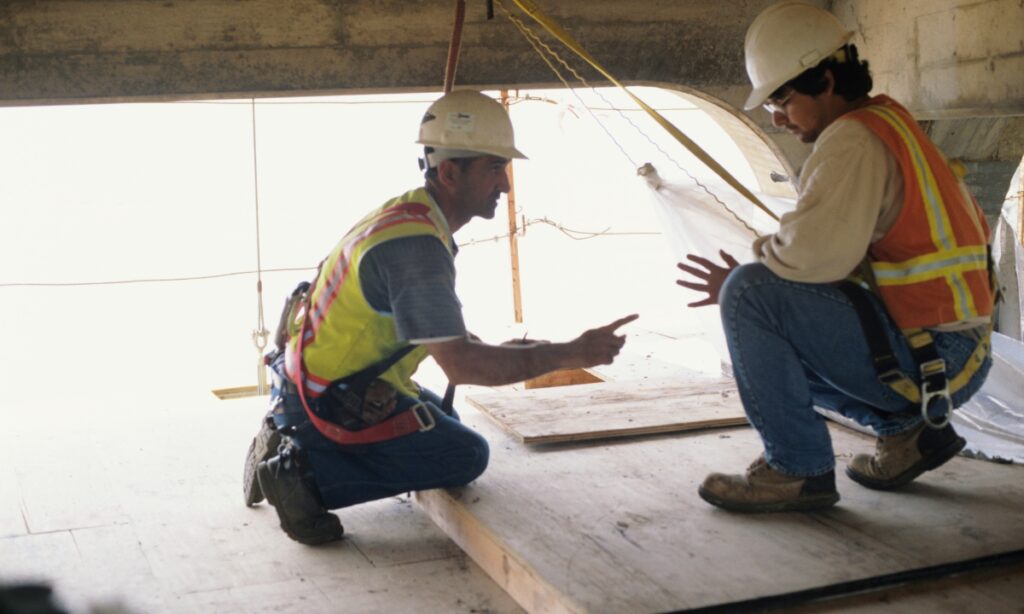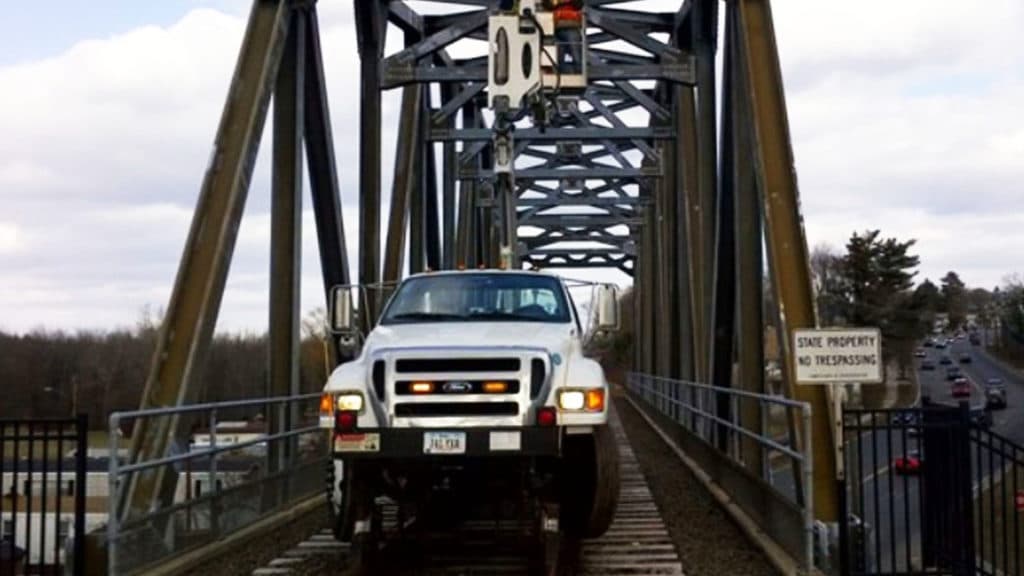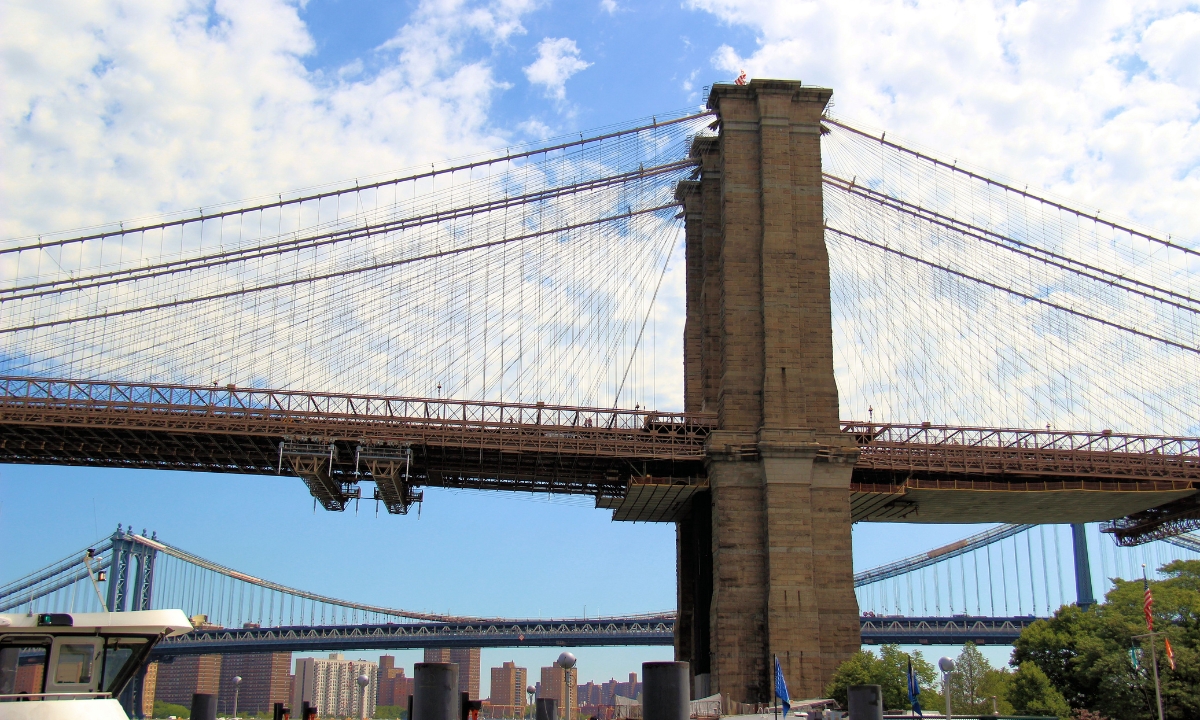Americans in the United States pass over highway and other roadway bridges millions of times each day, almost never giving them much thought aside, perhaps, from the tolls on certain bridges. However, when a highway bridge experiences a major repair issue – or worse – drivers often take on a renewed interest in bridge safety.
All of which is why it is beneficial to everyone to have routine inspections carried out on a regular basis. And these routine maintenance inspections on highway bridges have several advantages.
Why Routine Bridge Maintenance Inspections Matter
First, carrying out preventive maintenance tasks is almost always less expensive conducting major repairs, and timely bridge inspections help engineers spot minor structural issues and work to correct them before they progress into high-cost, high-risk problems.
Second, the information and data gathered from routine bridge inspections also informs future repair, maintenance, and bridge construction planning and budgeting.
Third, by conducting regular inspections, our highway bridges can be reliably maintained and kept in good condition, allowing for safe and reliable transportation.
And, lastly, the federally mandated routine bridge inspections that are carried out at least every 24 months on public highway bridges are essential for ensuring the safety of the transportation infrastructure in the United States.
In addition, inspection access equipment and inspection tools are also important as they help ensure that equipment is functioning properly and safely. Regular equipment inspections can help identify potential problems before they become major issues.

The Benefits of Routine Bridge Inspections
The advantages of conducting routine maintenance inspections on highway bridges are numerous.
Perhaps most importantly, these inspections help ensure the safety of the traveling public. And, as we noted here, identifying potential problems early on means that inspectors can work to correct them before they become major issues that can cause accidents or lead to costly repairs.
Routine inspections also help ensure that bridges are operating safely and efficiently, both of which saves time and money in the long run.
Another advantage of bridge inspections is that they help extend the lifespan of highway bridges. Timely repairs can extend the lifespan of a bridge and, consequently, help save government agencies and taxpayers money by avoiding costly repairs and replacements.
In addition to these benefits, conducting routine maintenance inspections on our county’s highway bridges can also help bridge inspectors better understand the condition of bridges and how they respond to different environmental factors.
This data can then be analyzed to develop better maintenance plans and strategies that can help ensure the long-term viability of bridges.
Carrying out routine maintenance inspections on highway bridges is essential to ensuring the safety of all those who drive on our nation’s roadways, as well as extending the lifespan of bridges and identifying potential problems before they become major issues.
Highway Bridges – The Critical Links in America’s Transportation Infrastructure
It probably goes without saying to anyone who drives for a living or relies on the trucking industry for goods that bridges are important.
In fact, the highway bridges in the U.S. are crucial transportation infrastructure that connects cities and regions, provide safe and efficient passage for vehicles and pedestrians, and allows for the reliable transport of goods and materials essential to our economy. In fact, if the trucking industry stopped rolling, the U.S. economy would grind to a halt.
However, like any infrastructure, bridges are subject to wear and tear, which can lead to structural deficiencies and safety hazards. Conducting routine maintenance inspections on highway bridges is essential to identify potential problems and to ensure the safety of the traveling public.
And bridge inspections are a critical part of routine maintenance for highway bridges.
These inspections are conducted to identify potential problems such as structural deficiencies, corrosion, and damage caused by environmental factors such as storms, earthquakes, and traffic. By identifying potential issues early, bridge inspectors can work to correct them before they become major problems that can cause accidents or lead to costly repairs.
Effective Routine Maintenance Inspections Require Safe and Reliable Access Equipment
Equipment inspections are another critical aspect of bridge maintenance.
Regular inspections of the equipment used to maintain bridges, such as under bridge access vehicles, bucket lifts, and other specialized vehicles and equipment can ensure that they are in good working order and free from defects that could lead to accidents or equipment failure.
Rental companies, engineering firms, and state DOTs that own these types of equipment should conduct equipment inspections on a regular basis. These inspections can identify potential problems such as fluid leaks, worn or broken parts, and other performance or structural issues that require maintenance or replacement.
In addition, regularly inspecting this equipment also helps to ensure that they are operating efficiently, which also help to save time and money in the long run.
Railway Bridges Also Require Routine Maintenance Inspections
Railroad bridge inspections are a crucial aspect of ensuring safe and reliable transportation of goods and people across the country. Hi-rail rentals are used for railroad bridge inspections as they provide a safe and efficient way to inspect bridges.
Hi-rail trucks are vehicles that are used for inspecting railway bridges. These vehicles are equipped with specialized attachments underneath their chassis that allows them to travel along railroad tracks. In addition, these vehicles provide access to areas of railroad bridges that are difficult to reach, such as the undersides of bridges and overhead trusses.
The use of hi-rail rentals is often essential for railroad bridge inspectors, as they provide a safe and efficient way to access these hard-to-reach areas without putting inspectors at risk.
Like highway bridges, railroad bridges are an integral part of the nation’s railway systems, and they, too, must be inspected regularly to identify any signs of wear and tear, damage, or structural weaknesses that could compromise the safety of these bridges and the trains that cross them.
The vital importance of railroad bridge inspections cannot be overstated.
For example, most railroad bridges are exposed to harsh weather conditions, including heavy rain, snow, high winds, and extreme temperatures, all of which can cause wear and tear over time. Additionally, bridges are often subjected to heavy traffic loads and constant vibrations from the passage of trains, which simply serve to worsen any existing issues.
Because of these and other factors, regular bridge inspections are necessary to identify any potential problems before they become major repair issues and safety hazards.
In addition, these routine railroad bridge inspections are also required for maintaining compliance with federal regulations. This is, of course, due to the Federal Railroad Administration (FRA) mandate that railroad companies must inspect their bridges at least once every year. Failure to comply with these regulations can result in substantial fines and even legal action, especially in the unlikely event of an accident or other incident related to the condition of a railroad bridge.

Hi-Rail Rentals and Railroad Bridge Inspections
Railroad bridge inspections are typically conducted by trained professionals who use specialized equipment such as hi-rail vehicles and bucket trucks to identify any defects or weaknesses in the bridge structure. Much like the inspection work carried out on highway bridges, the equipment used can include UAVs or drones, specialized cameras, and other non-destructive testing methods that can detect issues without damaging the bridge structure and components.
These inspectors routinely look for signs of corrosion, rusting, deformation, cracking, and other structural issues that could compromise the safety of the bridge.
In a similar fashion to highway bridge inspections, these regular railroad bridge inspections also play an important role in maintaining public confidence in the safety and reliability of the railroad system. The recent spate of freight train derailments illustrate the public perception issues that may arise with bridge failures.
But by ensuring that their bridges are well-maintained and do not present any safety hazards, railroad companies can demonstrate their commitment to passenger and freight safety while reinforcing public trust in the rail industry.
Ultimately, the importance of railroad bridge inspections cannot be overstated.
In conclusion, regular inspections are necessary to both identify any potential safety hazards and to ensure compliance with federal regulations. Moreover, these railroad bridge inspections play a critical role in maintaining public confidence in the safety and reliability of the railroad system.Top of Form
McClain and Company for the Best in Highway Bridge Inspection and Hi-Rail Rentals
When it comes to renting bridge inspection equipment and hi-rail trucks, the team at McClain and Company works hard to deliver the absolute best in both rental equipment and customer service.
McClain also has a wide variety of both Utility and Aerial equipment in addition to our great selection of specialized under bridge access equipment and Hi-Rail rentals as well as other related services.
At McClain and Company, our team believes in always providing the absolute best in reliable and quality equipment rentals. And we have provided quality support services to engineering companies and government agencies for the inspection and maintenance of highway bridges since 1998 – and we continue to do so today.
When it comes to under bridge, aerial access equipment, and hi-rail rentals, we have continually made it our mission to do all that we can to provide our customers with the best equipment rentals for their specific projects. We firmly believe in our motto that, “Your success is our success.”
If you have questions about our under bridge inspection rentals, hi-rail rentals, and any of our other equipment rental services – or simply want to learn more about what we can do for you – you can contact McClain and Company by calling us at 1.888.889.1284 or emailing us at [email protected].


